Keywords: Catholic Church In Australia
There are more than 200 results, only the first 200 are displayed here.
-
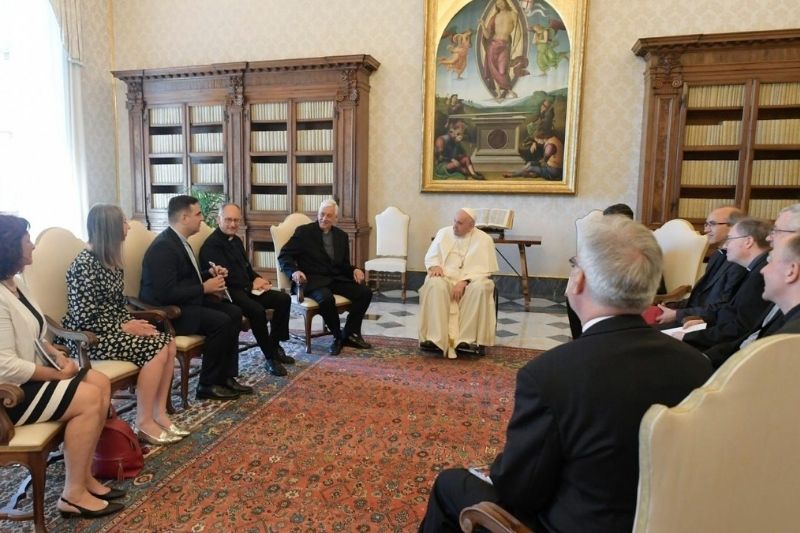
MEDIA
- Andrew Hamilton
- 07 July 2022
3 Comments
In a recent meeting Pope Francis met the editors of European Jesuit cultural magazines. As usual in such meetings he did not give an address but invited the participants to ask questions. The questions ranged across a wide area, reflecting the different readership and religious culture of the magazines. Underlying the Pope’s responses lay a challenging and coherent approach to the Jesuit mission and to communication that invites self-reflection also among Jesuit magazines and their readers outside Europe.
READ MORE 
-

RELIGION
- Beth Doherty
- 01 July 2022
6 Comments
Debate between more traditionalist Catholics and those who want to see reforms more fully implemented has become increasingly heated in the lead-up to the Plenary Council. One thing that could prevent a serious split from happening is the simple act of talking — and listening — to one another.
READ MORE 
-
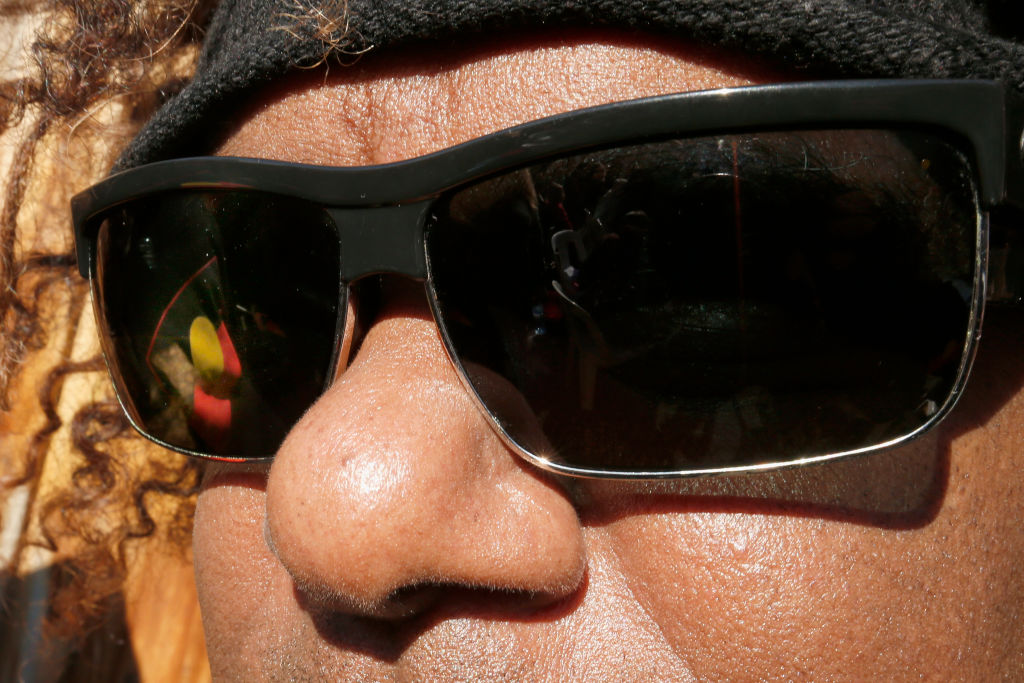
AUSTRALIA
- Andrew Hamilton
- 30 June 2022
11 Comments
If NAIDOC and of the Australian Catholic Church are to achieve their goals time and patience will be required. Yet both show signs of justifiable impatience. This year the theme of NAIDOC Week is Get Up! Stand Up! Show Up! Its tone is urgent, expressing frustration at the resistance to change but also the recognition that new possibilities have opened.
READ MORE 
-
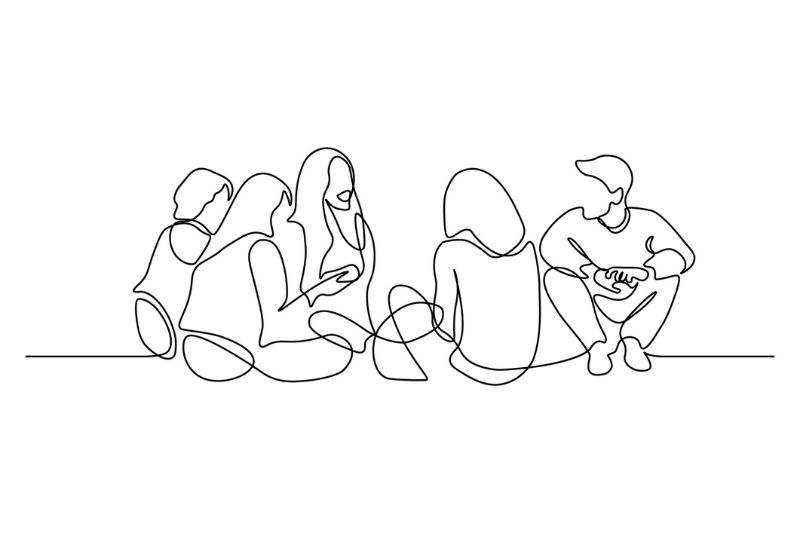
RELIGION
- Anne Walker, Emma Carolan
- 30 June 2022
8 Comments
Last month’s Federal election has delivered what is being considered as the most progressive parliament that Australia has witnessed for some time. Such a change represents a shift in values, experiences and priorities held by everyday Australians. As the Australian Catholic Church continues its process of self-examination through the Plenary Council, what can it discern from this election result?
READ MORE 
-
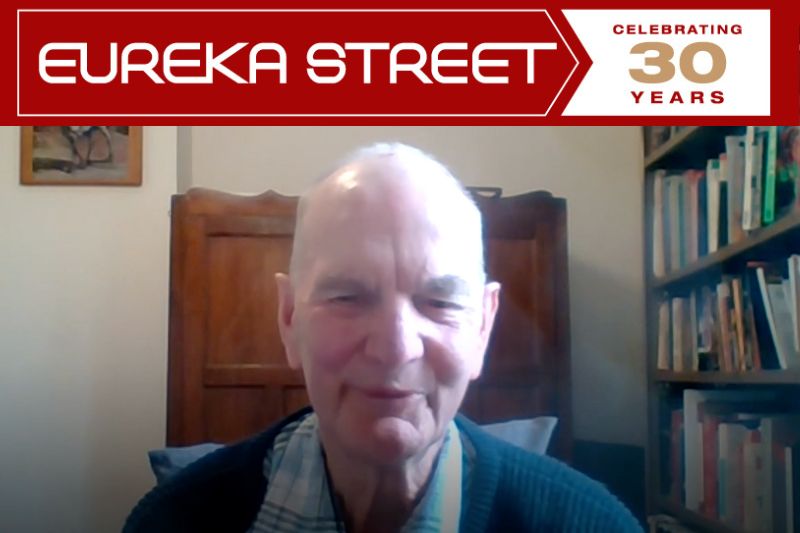
MEDIA
- David Halliday
- 29 June 2022
1 Comment
As part of the 30th anniversary of Eureka Street, we're running conversations with the team who first started the publication in 1991, alongside various people who have played a part in the Eureka Street story. In this video, Eureka Street editor David Halliday speaks with Eureka Street consulting editor Andrew Hamilton SJ.
READ MORE 
-
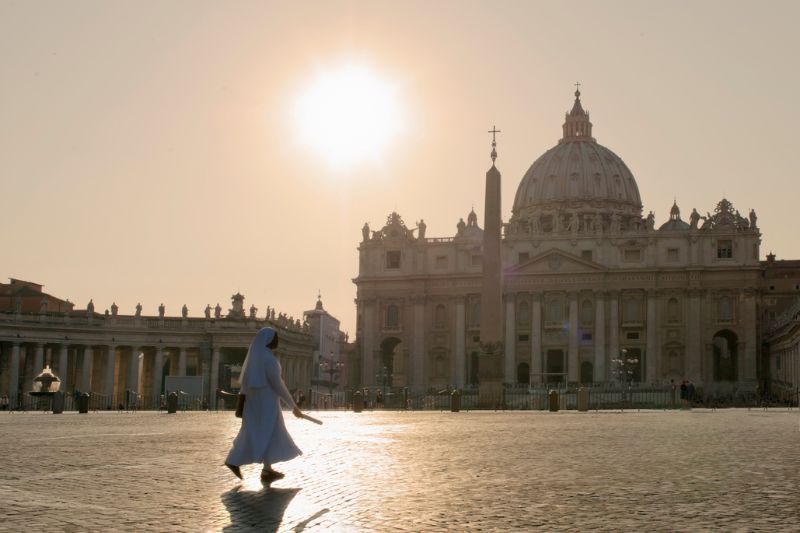
RELIGION
- Paul Collins
- 28 June 2022
7 Comments
A basic principle was laid down in the pope’s recent Apostolic Constitution entitled Praedicate evangelium that is profoundly important with far-reaching consequences for the whole church. This principle states that any baptised Catholic ‘can preside over a dicastery,’ that is run a Vatican department. Previously only ordained clerics could do this.
READ MORE 
-
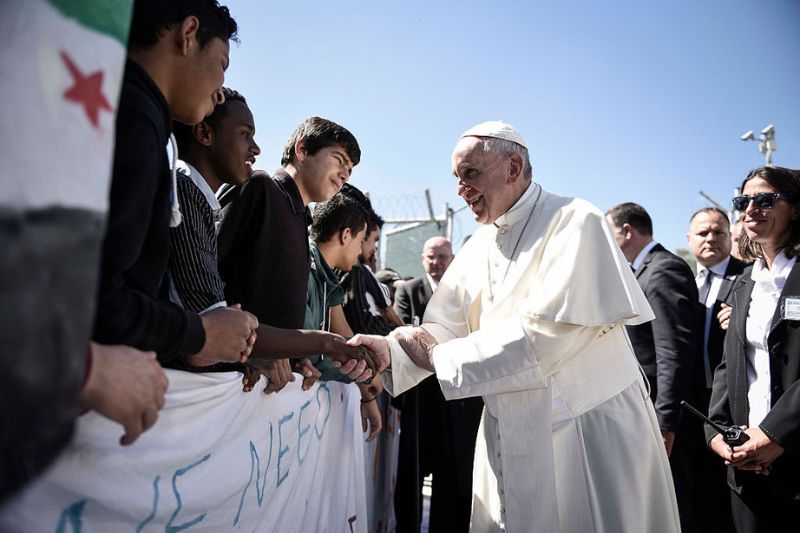
RELIGION
- Bruce Duncan
- 21 June 2022
3 Comments
Some 278 Catholic bishops, clergy, religious personnel and lay people will meet as members of an unprecedented Plenary Council during 3-9 July to finalise the resolutions of their first assembly last year. However the May working document ‘Framework for Motions’, despite much worthy content, especially on Indigenous affairs, relies on a narrow notion of mission overly focused on inner-church issues at the expense of the wider social engagement that Francis emphasises.
READ MORE 
-
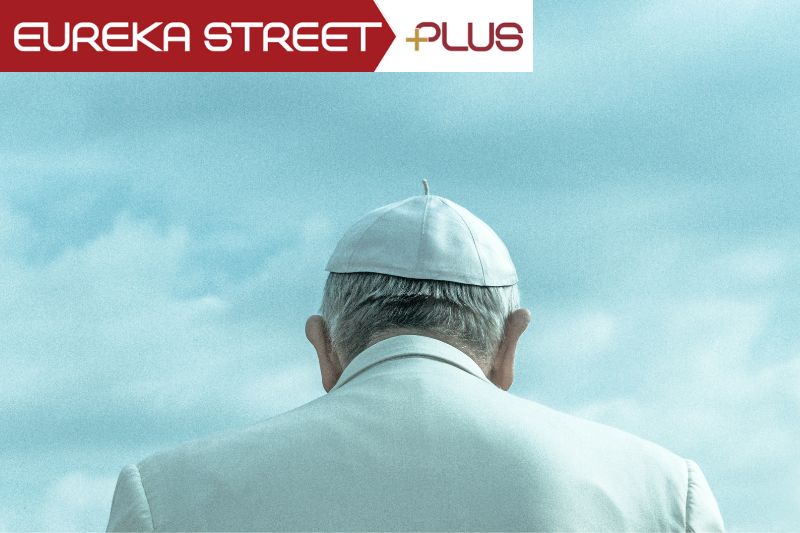
RELIGION
- Geraldine Doogue, Greg Craven, John Warhurst, Julian Butler
- 17 June 2022
3 Comments
After four years, the Fifth Plenary Council of Australia is nearly at a close with the second and final assembly in July. So what has been the significance of the Plenary Council so far, and what can we expect from the final session? In this Roundtable, Geraldine Doogue, John Warhurst, Greg Craven and Julian Butler reveal their hopes and expectations for the process and discuss likely outcomes.
READ MORE 
-
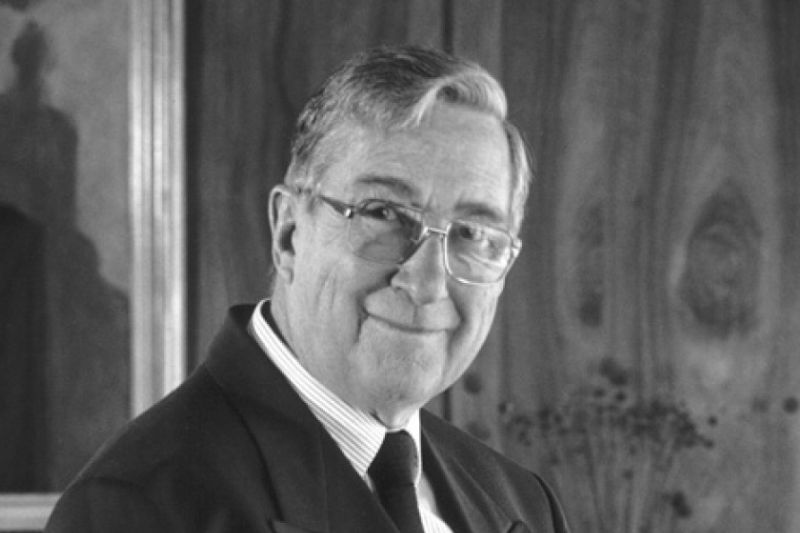
AUSTRALIA
- Michael Kelly
- 16 June 2022
3 Comments
The Court in Mabo, where Brennan J led majority, put an end to the notion of Terra Nullius, by which the British could claim that land in Australia was ripe for the picking because it belonged to no one, and opened the claims to land ownership to a much wider group including the traditional owners. The follow-up judgement in Wik took that understanding even further.
READ MORE 
-
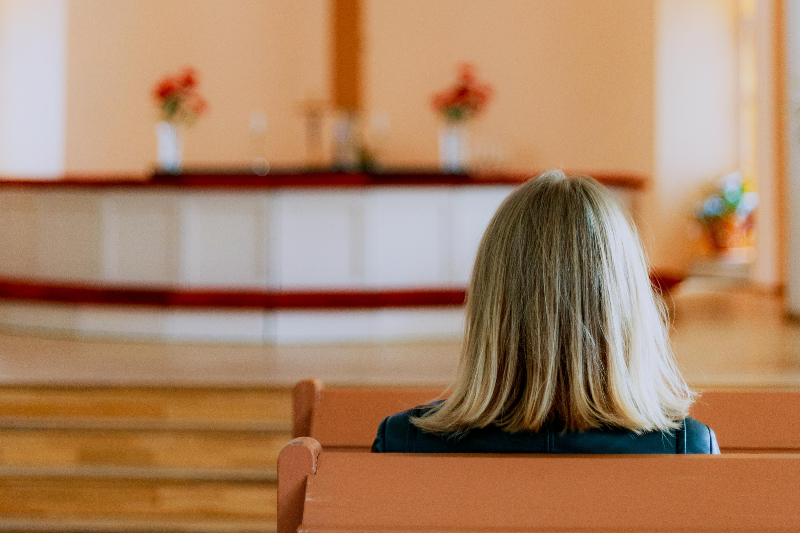
RELIGION
- Elizabeth Young
- 15 June 2022
3 Comments
Should women be considered for ministry as deacon? Should Pope Francis authorise such ministry? This topic often raises emotions, and strong views either for or against. This is one of the questions posed by Motion 54 to the Church’s July Plenary Council session, where members will amend and vote on 105 motions, prompted by the question, ‘What do you think God is asking of us in Australia at this time?’ Motion 54 is one to watch.
READ MORE 
-
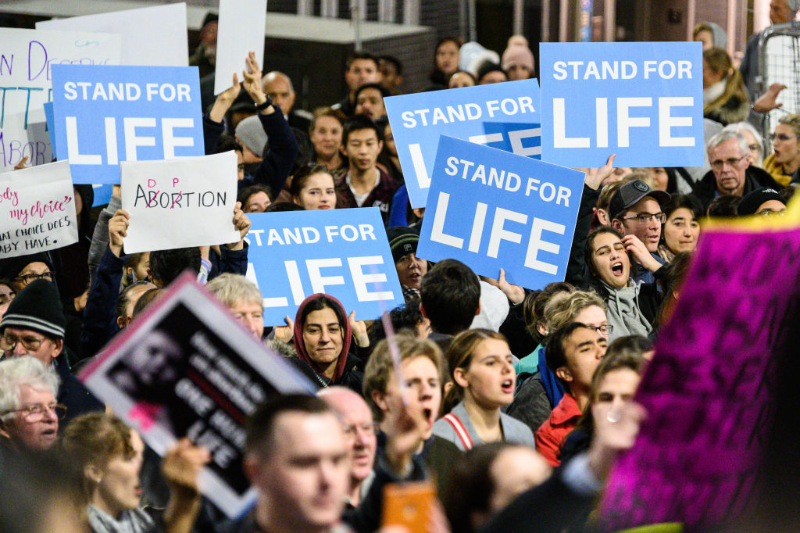
AUSTRALIA
- Michael McVeigh
- 15 June 2022
6 Comments
One would assume that the Victorian Liberal Party has looked at the numbers, and believes that religious conservatives no longer make up a significant proportion of their constituency. Certainly, the moral authority of the Catholic Church and other Christian denominations has taken a battering in the state over the last decade, with many remaining openly hostile to religious perspectives. If the pro-life movement was ever a significant force in Australian politics, that’s no longer the case.
READ MORE 
-
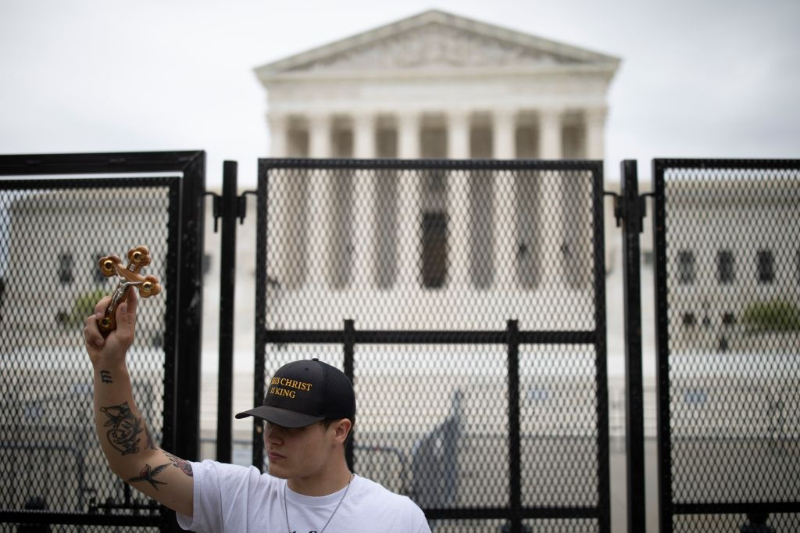
RELIGION
- Miles Pattenden
- 26 May 2022
19 Comments
News leaked earlier this month that the US Supreme Court plans to overturn its most famous decision, that in Roe vs Wade (1973) which protects a pregnant woman's freedom to choose to have an abortion without excessive government restriction. The decision has attracted much criticism both in the past and now on account of its dubious legal reasoning – in particular, its attempt to link the right to abort to a right to privacy which itself was notional and not specified in the US Constitution.
READ MORE 